Look back at our 10 favourite blogs of 2022
As 2022 draws to a close, we’re in a reflective mood. Join us in looking back at some of the most incredible stories that were shared on the Sense blog this year.
Some were stories of hope, ambition and achievement, from people we support and people in the wider disability community.
We also shared insights into exactly how Sense supports people, with fascinating blogs from choreographer Lisa Simpson and relationships adviser Tracy Girling.
And of course, we continued to shine a light on issues that are having the biggest impact on disabled people and their families, like the cost of living crisis.
Here are 10 blogs we think you should read before 2023 gets underway.
Stories from Sense’s services
Giving Martin the keys to open up his world
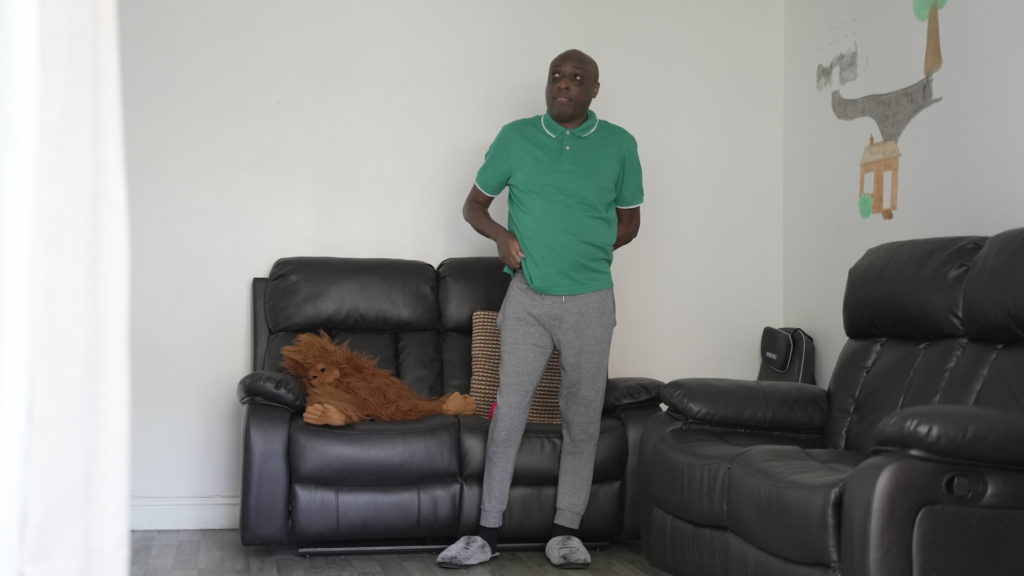
Anxiety kept Martin from stepping outside of his home for over a decade. When he moved to his new home with Sense, Martin’s team did everything they could to support him and reignite his zest for life. His sister, Audrey, reflects on Martin’s incredible journey.
“Giving Martin his own home has been brilliant, a huge step for his independence and happiness. He gets a lot from being able to make his own tea, tidy up after himself and run his own home, all with the support he needs.”
Audrey, Martin’s sister
How Sense spoke my brother Fernando’s language
Carole explains how going to a Sense Centre changed everything for her brother, Fernando.
“Sense now has brought him back. He has a purpose, he has confidence. He’s got something to look forward to and that’s what he’s living for. It’s just opened the world for him.”
Carole, Fernando’s sister
How Sense supports people with complex disabilities to explore their sexuality and gender identity
Tracy Girling explains how she and other Sense sexuality and relationships advisers support adults with complex disabilities with their identity and sexuality.
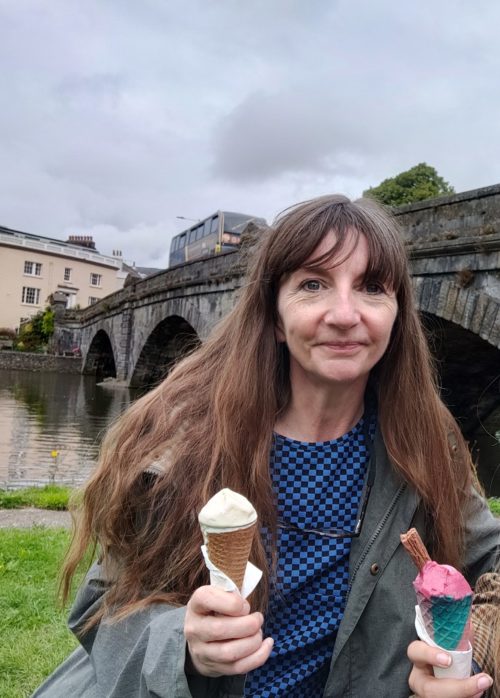
“Making sure people have choices is at the heart of our work at Sense. We know that to be able to make a choice about anything, you need to have learnt what the options are, and have some understanding about how those options would affect you and make you feel.”
Tracy, sexuality and relationships adviser for Sense
Stories from the disability community
My life as a deafblind drag king
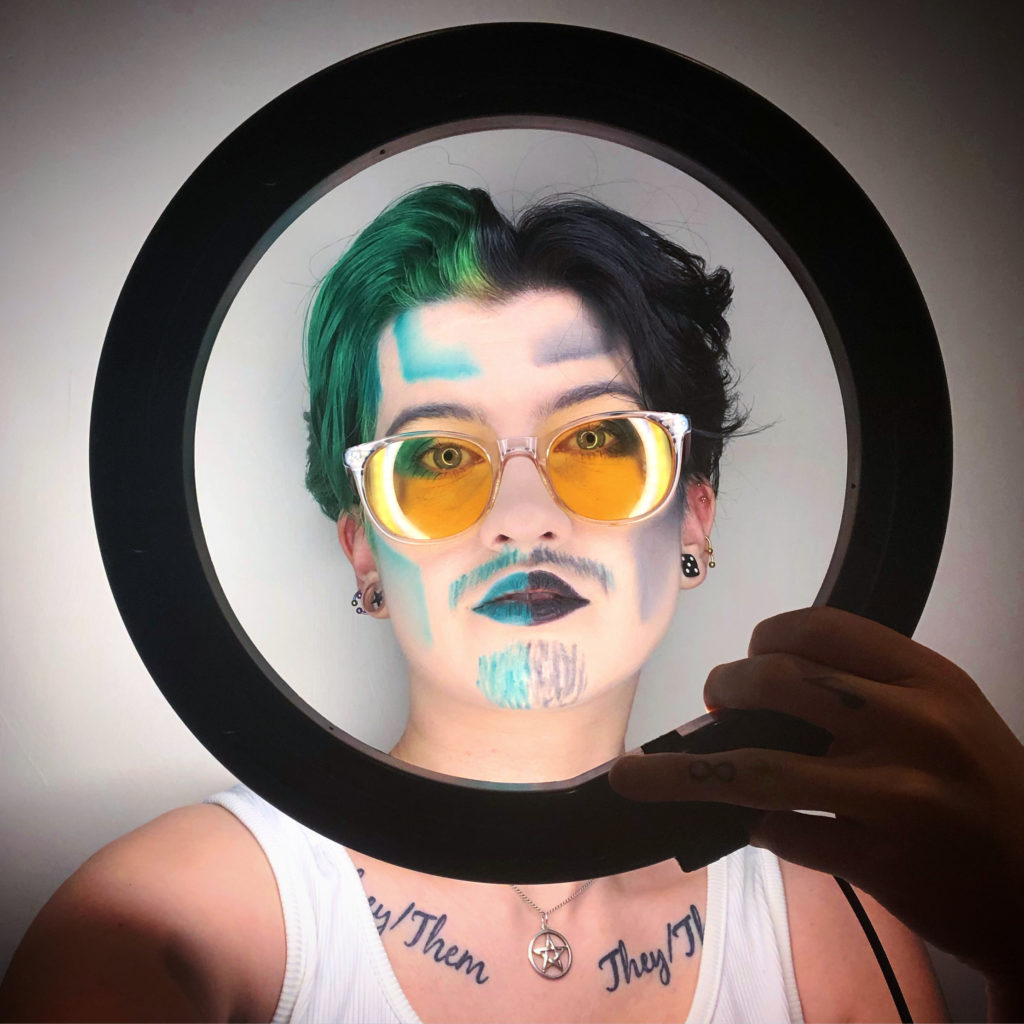
Max is a deafblind drag king from Cambridgeshire. They explain how being deafblind affects their performances and how venues can be more accessible to performers like them.
“My favourite thing about being a deafblind drag king is the sheer amount of opportunity there is to be creative. I can’t always perform the same way as other drag artists, but I have so many things I can do instead.”
Max (or Papa Smear)
What my children have taught me
Ben might have been the first single, openly gay, 21 year old to adopt. He’s now a full-time father to six children, all of whom have complex disabilities. His blog is about the joys and challenges of fatherhood.
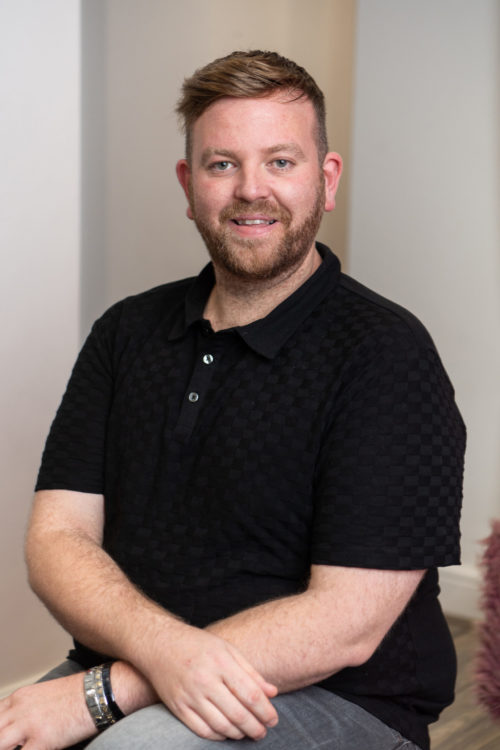
“When you have kids that can’t satisfy their own needs independently, there’s a lot to do. I’ve learned to take each day as it comes. There’s not a single ability or sense that I take for granted. Every ability is celebrated, and each achievement praised.”
Ben Carpenter
Choreography is like designing with bodies
Lisa Simpson is a choreographer and the new artistic director for Sense and the National Inclusive Dance Programme. She explains how she uses a novel form of communication to choreograph dance pieces.
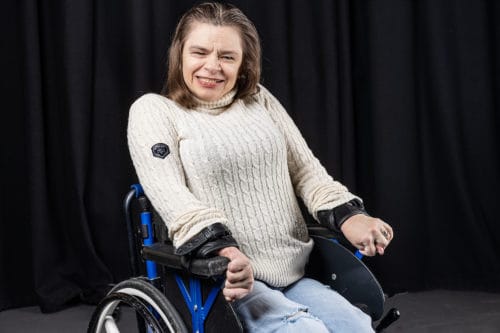
“Dance is a form of communication that gives me a way of expressing words through movement. It has physical and social benefits for disabled people, making everyday worries go away while growing people’s confidence and independence.”
Lisa Simpson, choreographer
Raising awareness of vital issues
The cost of living crisis is affecting my whole family’s mental health
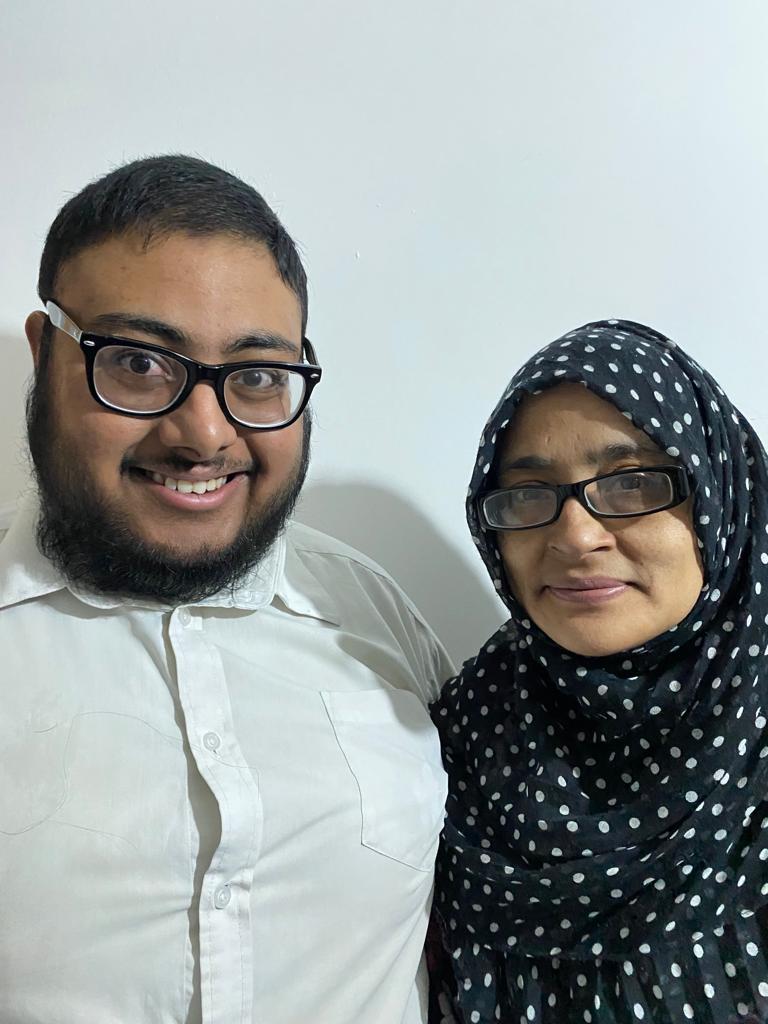
Saihan is 18 years old and is autistic. He lives in London with his family and mum, Firdush, who told us how the cost of living crisis is causing worry and stress for the whole family.
“I absolutely think those with disabilities and vulnerable adults and children should be given bespoke support from the government. I feel these people are often forgotten about.”
Firdush, Saihan’s mum
There aren’t enough MSI teachers, so my son misses out on the support he needs
Eight-year-old Euan from Leicestershire has multi-sensory impairment (MSI) which means he has problems with his vision and hearing. Euan’s mum tells us how the shortage of MSI teachers in her area has led to Euan not getting the support he needs.
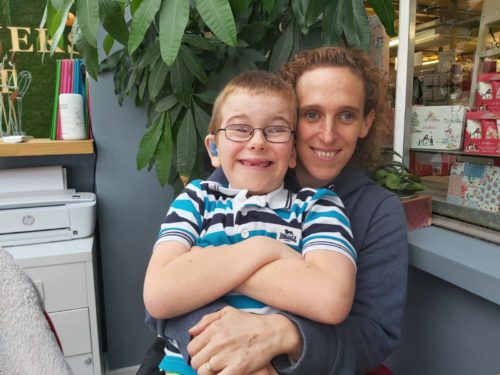
“Without the right support, Euan’s gets frustrated at school, and this sometimes leads to him acting out. It’s not that he’s a naughty child, but without having support from professionals that understand his needs, he can’t keep up with lessons or games in the classroom.”
Fiona, Euan’s mum
Three reasons why life costs more when you’re disabled
Steven works on campaigns at Sense. Here he explains why, even before the current cost of living crisis, disabled people were paying more for essentials.
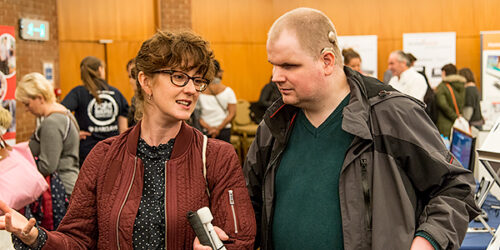
“Disabled people are telling us that rising energy prices are pushing them to make impossible decisions. Three quarters (77%) of disabled people we surveyed say they don’t know how they’ll cope if prices continue to rise.”
Steven Morris
How to spot when someone feels lonely, and what you can do about it
How we connect with other people has a big impact on our sense of wellbeing. For some people with complex disabilities, it can feel like there are fewer opportunities to build meaningful relationships. Lilias – who spotted the signs of loneliness in her son Fearghas, before he was supported by Sense – shares some ways we can all help.
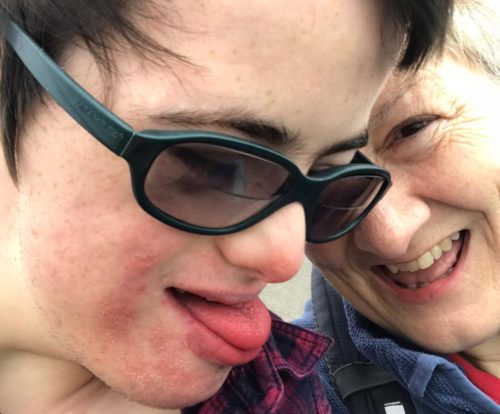
“Reaching out and letting someone know that you’re there can really help. Not everyone will want physical support, but it can be nice to have the option.”
Lilias, Fearghas’s mum
